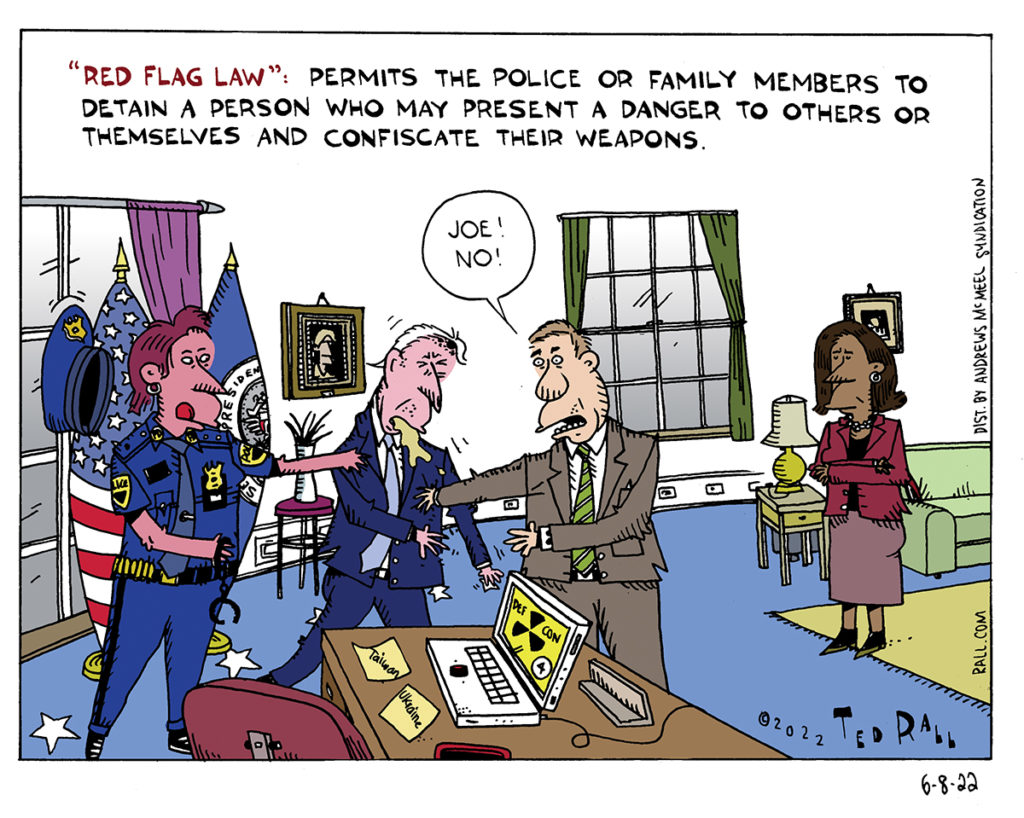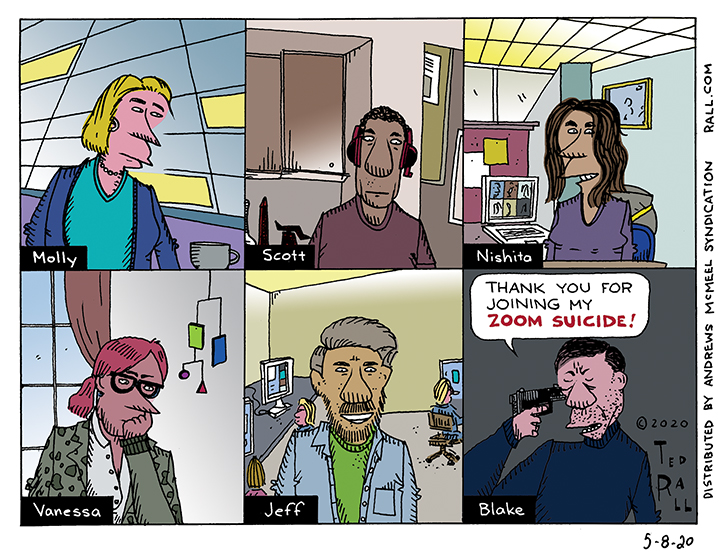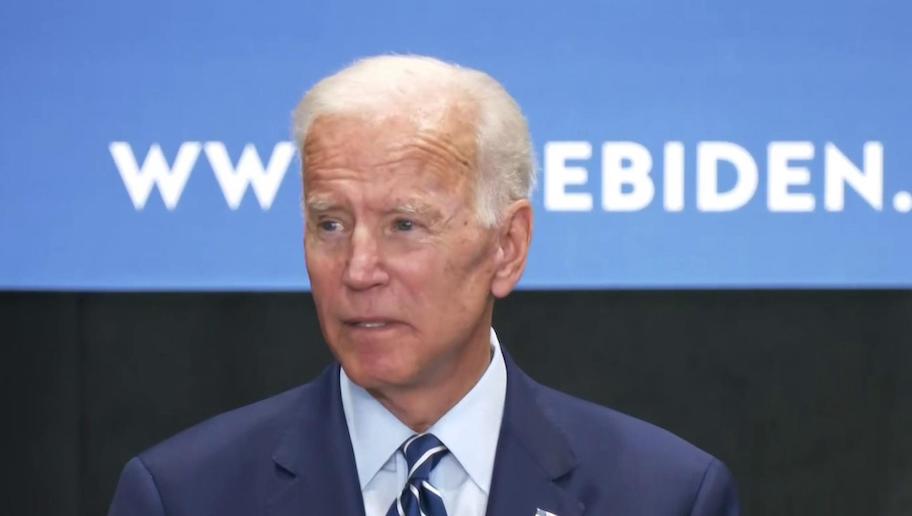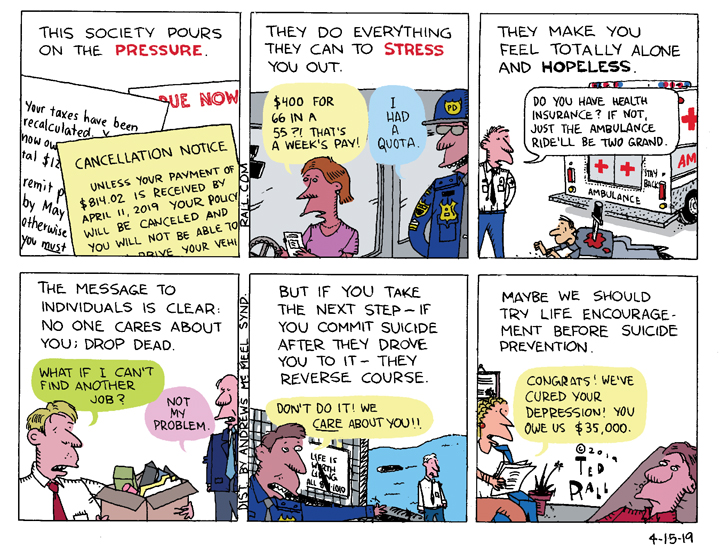A driver runs down and kills 15 pedestrians on Bourbon Street in New Orleans. A man pushes a commuter in front of a New York subway train days after a migrant sets a homeless woman on fire, killing her, on a train in Brooklyn. The FBI says crime is down in every category, especially violent offenses. But urban areas feel lawless and out of control and the latest Gallup poll finds that a majority of Americans believe crime is extremely or very serious.
Are Americans paranoid? What effects are the migrant and homeless crises having? What can the authorities do at the local and national levels to make people feel safe?
“TMI Show” hosts Ted Rall and Manila Chan are joined by Michael Maloof, a former senior security policy analyst in the Office of the Secretary of Defense to discuss the state of a scared nation.

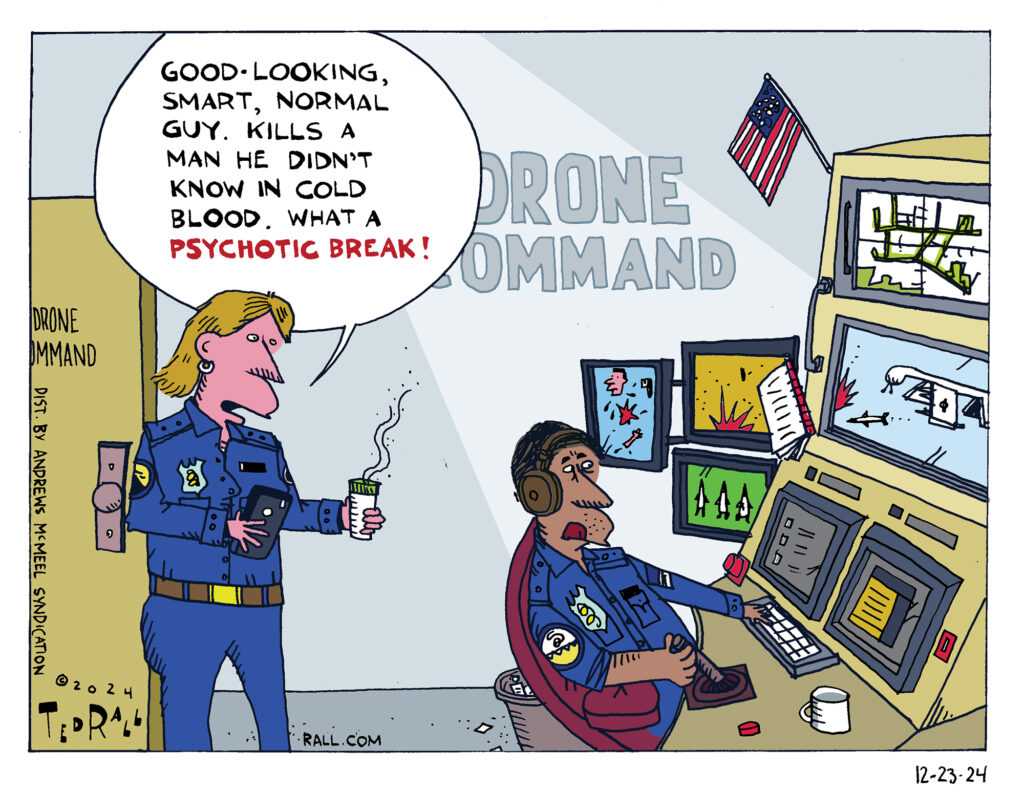
 As is typically the case after a high-profile murder, people are speculating about suspect Luigi Mangione’s state of mind when he allegedly killed United Healthcare CEO Brian Thompson outside a Hilton hotel in Manhattan.
As is typically the case after a high-profile murder, people are speculating about suspect Luigi Mangione’s state of mind when he allegedly killed United Healthcare CEO Brian Thompson outside a Hilton hotel in Manhattan.
